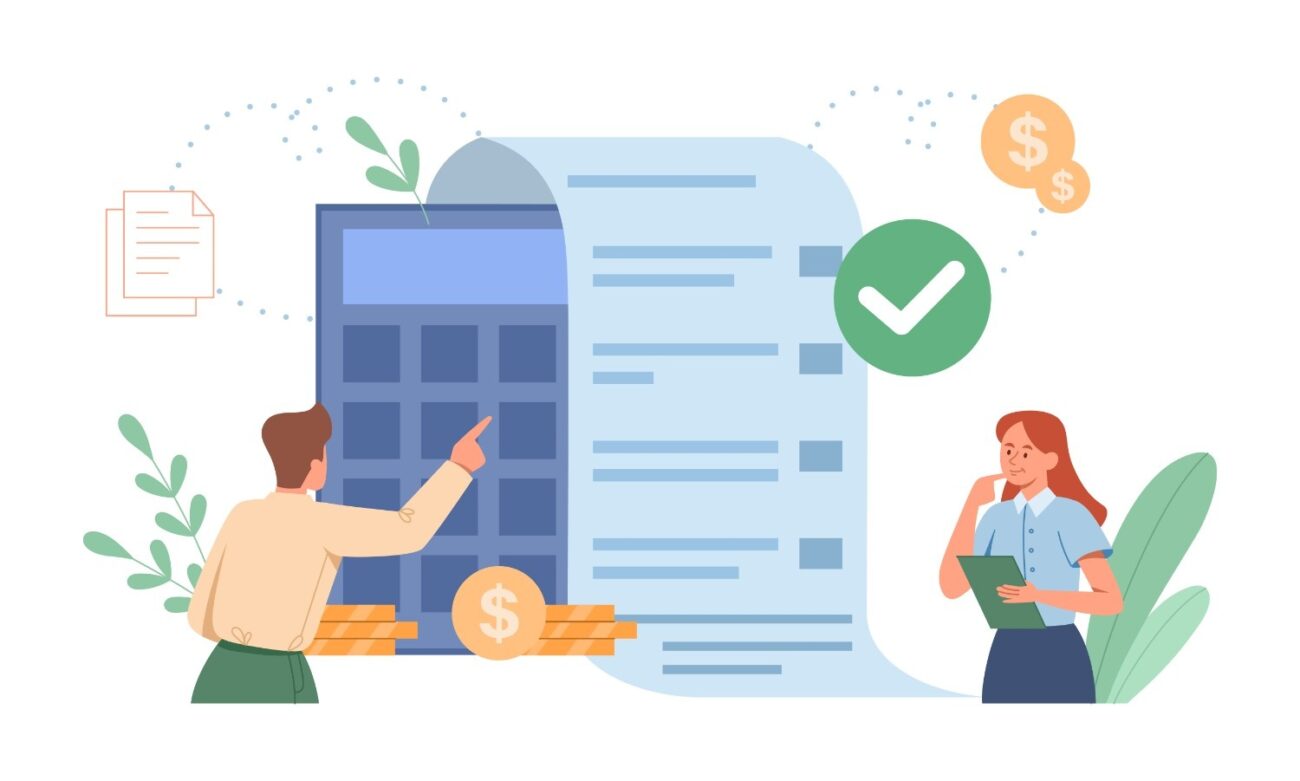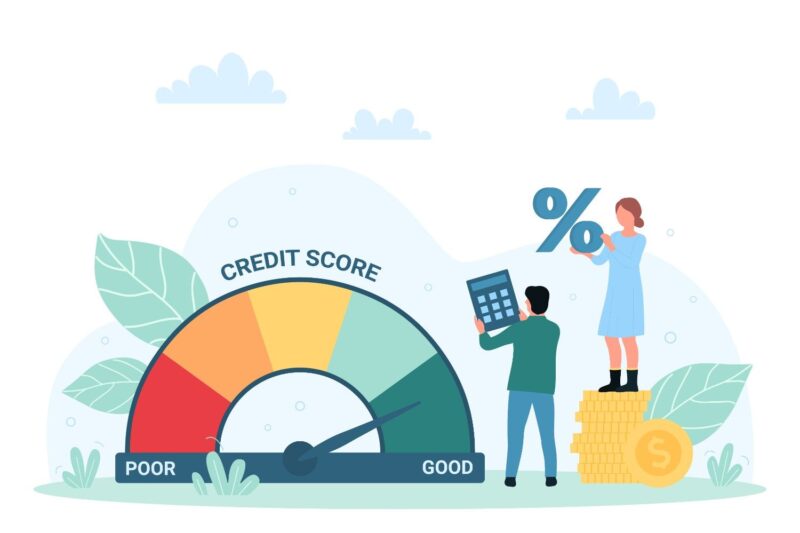The accuracy of your credit records has a major effect on your loan eligibility. This information is used by banks, lenders, and other financial organisations to decide whether to approve your loan and at what interest rate. Duplicate accounts, incorrect balances, or incorrectly reported defaults are just a few examples of small errors that can lower your eligibility and delay or even prevent loan approvals.
However, the majority of mistakes are easy to correct. You can regain your loan eligibility, increase your borrowing capacity, and reach better loan terms by understanding errors and taking the appropriate action to correct them. From reviewing your credit records to successfully raising errors, this guide will help you understand the process.
Common Credit Report Errors That Affect Loan Eligibility
Being eligible for a loan may be affected directly by errors in your credit records. Among the most common mistakes are,
- Incorrect Personal Information – False birthdate, address, or name.
- Duplicate Accounts – A single credit card or loan that has been reported more than once.
- Incorrect Account Status – Even when paid on time, accounts that are marked as late or defaulted.
- Old Data – Closed or paid accounts continue to appear as overdue or active.
Unapproved accounts created in your name are known as fraudulent accounts.
How to Check Your Credit Report for Mistakes
Maintaining good loan eligibility requires frequently reviewing your credit report. Here’s how to do it,
- Get Your Credit Report Now – Purchase it from organisations such as CRIF High Mark, Equifax, Experian, or CIBIL.
- Check every detail – Examine payment history, credit card activity, loan accounts, and personal data.
- Highlight Errors – Point out any odd or wrong entries.
- Compare With Your Records – To ensure accuracy, check bank statements, loan documentation, and payment receipts.
Steps to Fix Errors Affecting Loan Eligibility
Once mistakes have been found, fix them by following these steps:
- File a complaint. Send it to the credit bureau via mail or online.
- Provide evidence of support, such as lender letters, bank statements, or loan receipts.
- Clearly state the issue. Indicate what is incorrect and what has to be fixed.
- Track your problem. Make a note of the due dates for submissions and, if required, follow up.
The majority of issues are resolved in 30 to 45 days. Your loan eligibility improves after the correction, improving your credit availability.
Tips for a Smooth Dispute Process
To ensure the success of your disagreement,
- Be Clear – Clearly identify the error and the steps needed to fix.
- Provide Verified Proof – Verification becomes quicker with supporting documentation.
- Follow Up Regularly – Check the status of your disagreement online.
- Check for changes – Make sure that your records reflect the updates correctly.
- Keep Records – Maintain copies of every communication and submission.
Understanding the Impact of Credit Errors on Loan Approval
Your eligibility for a loan may be greatly affected by errors on your credit records.
- Loan Rejections – You might be considered high-risk by lenders.
- Higher Interest Rates – Because of the thought of danger, approved loans might carry higher interest rates.
- Limited Credit – Mistakes may make it more difficult for you to get personal loans or credit cards.
Making quick adjustments improves your financial strength and helps you maintain strong creditworthiness.
Preventing Errors and Protecting Loan Eligibility
The secret to maintaining high loan eligibility is prevention.
- At least once every six to twelve months, review your reports.
- On-time bill payment prevents late payment records.
- Maintain Documentation. Keep statements, receipts, and confirmations.
- Maintaining personal information lowers the possibility of fake accounts or identity theft.
- Track accounts. Examine your loan and credit card statements frequently.
When to Seek Professional Help
Some mistakes may involve identity theft or be complex. In these situations:
- Credit counselling services may help you in managing your finances and addressing errors.
- Legal experts can be helpful in fraud cases.
- Financial advisors will help you improve your loan eligibility and keep your credit strong.
The resolution process can be made quicker, simpler, and more dependable with professional assistance.
Conclusion
Your ability to repay loans appears in your loan eligibility. Credit record errors may limit financial opportunities, increase interest rates, and prevent loan access. You can fix errors and restore your eligibility by regularly reviewing your credit report, spotting errors, and following an organised complaint procedure.
Accurate corrections can be guaranteed by being well-organised, supplying supporting documentation, and consistently following up. A strong financial profile can be maintained when combined with preventive measures, such as making on-time payments, keeping an eye on accounts, and maintaining personal data. In addition to increasing your loan eligibility, a clear and accurate credit record gives you confidence and control over your financial future by opening doors to better financial opportunities.





I didn’t realize how big of an impact an incorrectly marked late payment could have on my credit score. It’s great that you’ve mentioned how these mistakes can be fixed, especially if the payment was made on time!